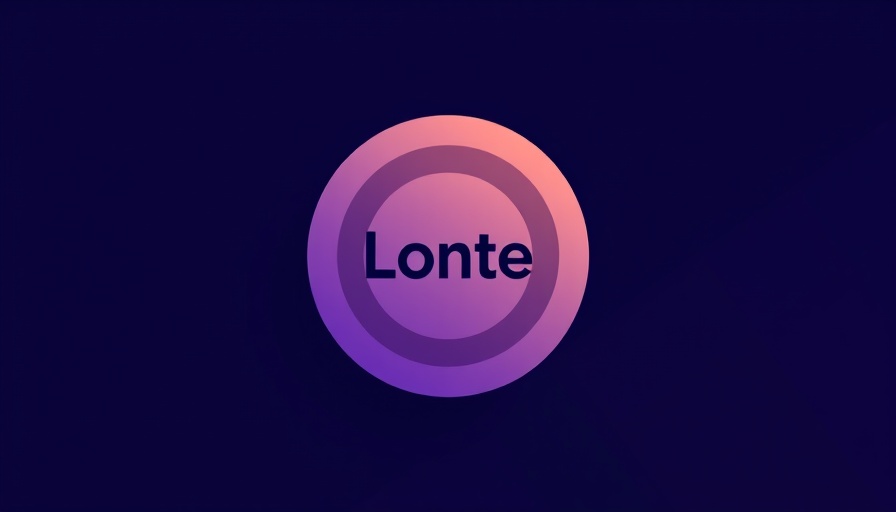
The Future of Irritable Bowel Syndrome Treatment: Bayer's Strategic Move
Bayer’s recent acquisition of HiDoc Technologies and their innovative Cara Care® application marks a significant milestone in the realm of digital health solutions, particularly aimed at treating irritable bowel syndrome (IBS). This move highlights a profound shift towards integrating technology not just for diagnosis but for comprehensive management of health conditions.
A Novel Approach to IBS Management
Irritable bowel syndrome affects a staggering 11% of the population in Germany alone, creating a massive demand for effective treatments. Traditionally, IBS treatments have focused on addressing specific symptoms like bloating and abdominal pain; however, they often fall short due to the complex and varied nature of the disease. With Cara Care®, Bayer aims to provide an evidence-based, holistic therapeutic approach. The app offers personalized plans combining dietary advice and psychological support in alignment with the latest S3 guidelines for IBS management.
The Biopsychosocial Model: A Comprehensive Solution
A distinguishing feature of Cara Care® is its biopsychosocial model, which factors in not just the physical symptoms but also psychological stressors such as anxiety and depression. This dual approach empowers users by helping them understand their condition better and making informed decisions about their care. Such multifaceted strategies reflect the growing recognition in the medical community of the interconnectedness of physical and mental health.
Empowering Patients Through Digital Therapeutics
Digital health applications have transformed how patients interact with their health care. Cara Care® enables users to self-manage their symptoms with a tailored therapy plan, leveraging their input on symptoms and lifestyle choices. This self-directed approach promotes autonomy, allowing patients to take an active role in their treatment journey. As HiDoc CEO Jim Mapes noted, many individuals are leaning towards self-reliance in healthcare, underscoring the significance of this acquisition for Bayer's strategy in digital therapeutic solutions.
What Lies Ahead for Digital Therapeutics?
The convergence of technology and healthcare is set to redefine patient management. Bayer's investment in Cara Care® not only strengthens its portfolio but also positions it strongly in the rapidly growing digital health market. As consumers increasingly seek solutions that empower them, tools like Cara Care® can bridge the gap between traditional healthcare and innovative digital solutions.
In conclusion, Bayer's acquisition of HiDoc Technologies and the Cara Care® app represents a critical advancement in IBS treatment options and reflects broader trends in healthcare toward digital care solutions. As we await the app's full commercialization by early 2025, it’s clear that the landscape of chronic disease management is evolving, promising enhanced quality of life for patients dealing with IBS.
 Add Row
Add Row  Add
Add 




Write A Comment